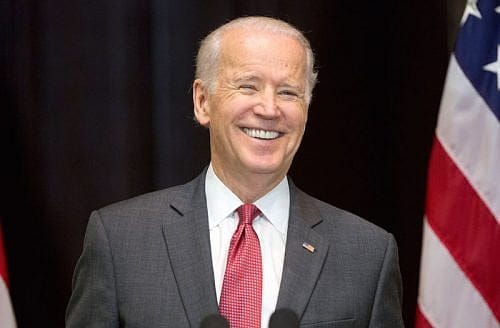Around New England
George Kelling, 83, Developer Of “Broken Windows” Theory, Dies In NH
After Rudolph Guiliani became mayor of New York City in 1993, he credited "Broken Windows theory" for helping him clean up the city's notorious graffiti and vandalism, and in significantly reducing the city's crime rate. That theory has also been praised in helping reduce crime and other street problems around the country, and even in the Netherlands.
Broken Windows theory was co-developed by George Kelling, who died this week at home in Hanover, NH. He was 83.

